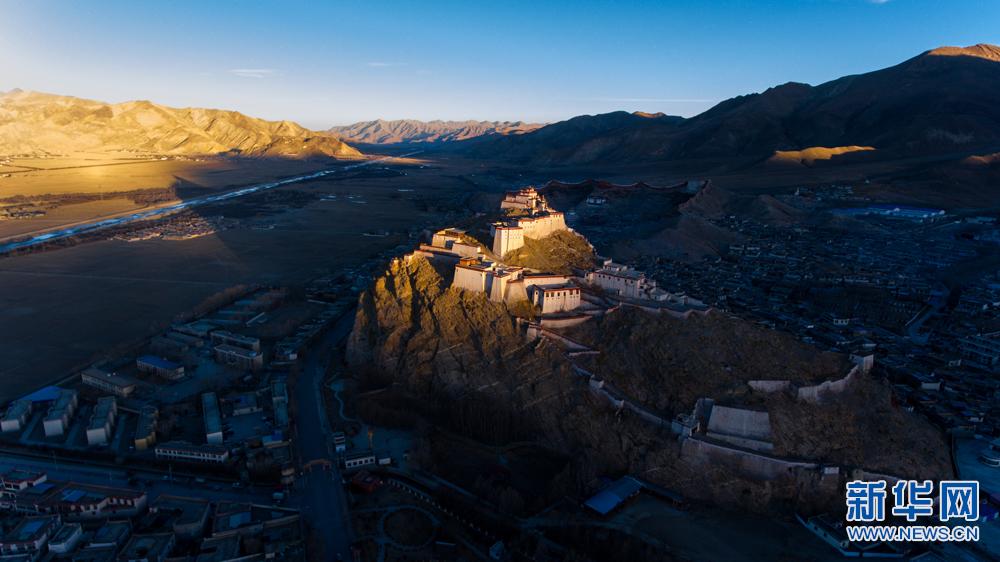Contributions of Tibetan youths in Anti-Japanese War
It is well known that during the Second World War, China was the main battlefield in the east. The Chinese army fought for the longest and the most fiercely and annihilated the most Japanese invaders. Of course, China paid great cost and made indelible contributions to the final victory in the war against fascism.
In face of aggression, Chinese people of all ethnic groups participated in the War of Resistance against Japan, including Tibetan monks and laypeople. They participated in anti-Japanese activities, donated food and prayed for victory. There were Tibetan soldiers in the army led by the Communist Party of China. Some of them fought against the Japanese, while some became members of the China Expeditionary Force, sacrificing their lives far away from home. There were also Tibetans learning to be the first generation of pilots flying airplanes in air battles with the Japanese.
Professor Sherab Nyima, a Tibetology scholar at the Minzu University of China, and his student, Li Shuang, discovered a name list in the Wuhan Archives Bureau. They carried out an academic investigation according to the Tibetan names on the list and found that a number of Tibetans sacrificed their lives during the war against Japan. What's more, the names of these Tibetans are typical names for Tibetans in Qinghai Province.
Later, Sherab Nyima also found a name list of military students on the Huangpu Military School official website. From the list, he inferred that this group of students included 21 Tibetan soldiers (not including Tibetans using a Han version name). Most of them were Tibetans from Qinghai, with ages generally between 19 and 28 years old. But the fate of these Tibetan soldiers is relatively unknown.
"At the end of last year, I happened upon an article about the Huangpu Military School. After reading it, I suddenly felt a kind of unspeakable sadness. The article specifically mentioned 'according to statistics after the Japanese surrender, only 11,000 Huangpu Military School graduates survived the war, compared with the 200,000 students who trained at the academy during the war. That means about 95% of students who attended the Huangpu Military School lost their lives during the war'," Sherab Nyima said.
He added, "Their fates prove that Chinese people of all ethnic groups created and defended this united and multiethnic country."
Your Comment
Name E-mailRelated News
-
;
-
-

-
Anti-British Imperialism Relic in City of Heroes
Known as "the city of heroes", Gyantse County in Shigatse, southwest China's Tibet earned the reputation from its people's valiant fighting against the British imperialists' invasion in 1904.
-
Based in Lhasa, Tibet Vista is a Tibet travel agency that specialized in Tibet permit, and Tibet tours for both private and group travelers at a local price!
•4 Days Lhasa City Group Tour from USD 460 •8 Days Everest Base Camp Group Tour from USD 850 •15 Days Mt.Kailash Group Tour from USD 1780 •2016 Tibet Train Tours from Beijing, Shanghai, Chengdu, Xining,etc










